What's the point of a #hashtag on social media?
When your mamma starts using hashtags on Facebook, you know you've reached peak saturation. And when it comes to the hashtag, you couldn't argue otherwise. Everyone - and their mamma - is using the little number symbol to highlight their social media posts. It's gotten so popular that in 2014, the word 'hashtag' was added to the Oxford English Dictionary. That's saying something.
But ironically, most hashtags aren't saying anything at all.
A surprising number of people on social media are throwing around #'s with little or no understanding of the point. While this is forgivable amongst personal users, who drop a hashtag on every second word, it's not okay for businesses.
"While social media users have readily embraced hashtags as an important way to discover new content and connect with others, many companies are still wondering whether hashtags are just a fad or are a feature that can drive revenue," says Kevin Bobowski, writing for Entrepreneur.com.
The hashtag made its debut in 2007. Since then it's become the most popular way to categorise content on social media. It creates a virtual database of content linked to a specific topic that is accessible anytime, anywhere via a simple search on a social media platform.
What does that mean? It means that when social media users interested in wine are looking for good content about wine, all they have to do is head to their favourite social media platform and search for it: #wine.
Every single post that has been tagged #wine will appear in the results. And if you're in the wine business, your content should be coming up there too.
"Companies can enlist hashtags to launch complete campaigns that engage, showcase, aggregate and re-purpose social content to drive business value," says Bobowski.
But if you don't use hashtags in your posts you're being left behind. Your content, no matter how great it is, isn't getting read by dozens of social media users who could be your next customer.
While rectifying this situation may sound as easy as inserting a hashtag into your next post, think again. Serious strategy should go into your use of a hashtag ensuring that you're highlighting the right words and standing out from the many others who are hash-tagging along with you. Here are our three top tips to getting hashtags right:
Pick a keyword - and stick to it
This can be trickier than it sounds. If you're in the wine business, as mentioned earlier, it may seem legit to simply use #wine. But if you consider how many other people are using #wine in their posts, you'll quickly realise it's an over-saturated category. Instead, try finding a way to link your wine business to something more unique that relates specifically to your brand but is also relevant. For example, if you're a South African wine producer, you might choose to go with #SAwine to set yourself apart from the crowd. Whatever you choose, make sure you stick to it. Your unique hashtag should be used often and should easily fit in with the content you're posting.
Don't go overboard
Johnny Twitter-user loves a hashtag. Every #post he writes on #Twitter has a #hashtag and he #dontcare how #annoying it looks. But Johnny Twitter-user is wrong. You should absolutely be using hashtags on your social media posts - but you should absolutely not go overboard. Having too many hashtags makes content look disorganised. It can also take the focus away from your industry or business, and that can mean the people seeing your content are not the right audience. Limit your # to the most relevant one or two words in your posting. If you've got your own unique hashtag, that is usually the only one you need to use.
Make it viral
Once you've nailed down a unique hashtag, and content that works really well with it, it's time to grow. Open the hashtag up to your followers. You can do this by simply inviting your your followers to also use your hashtag too, or you can create a campaign out of it and launch a contest, give-away or experience. By encouraging users to engage with your hashtag, you're increasing the number of people who see it - and the number of people who see your brand. You're also growing the pool of content connected to your hashtag, and that gives it more integrity and credibility to those who see it on social media.

